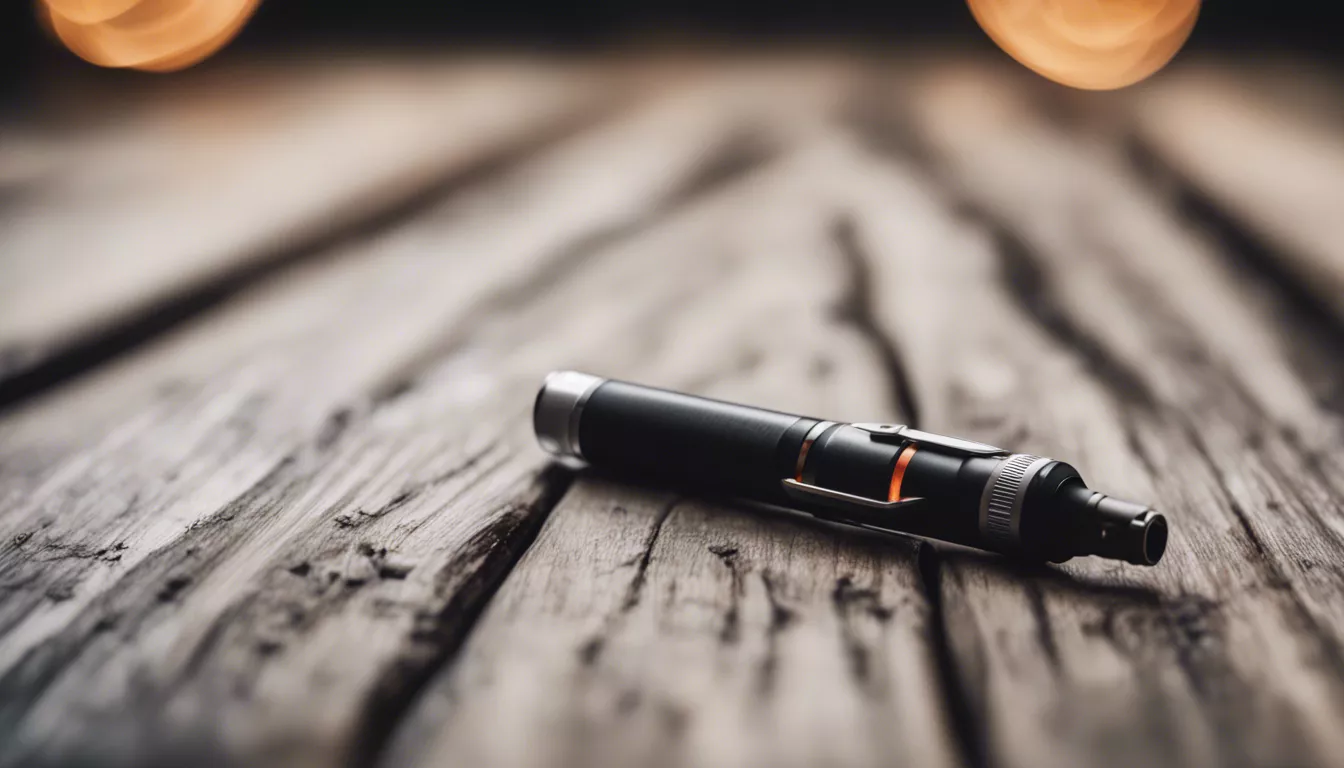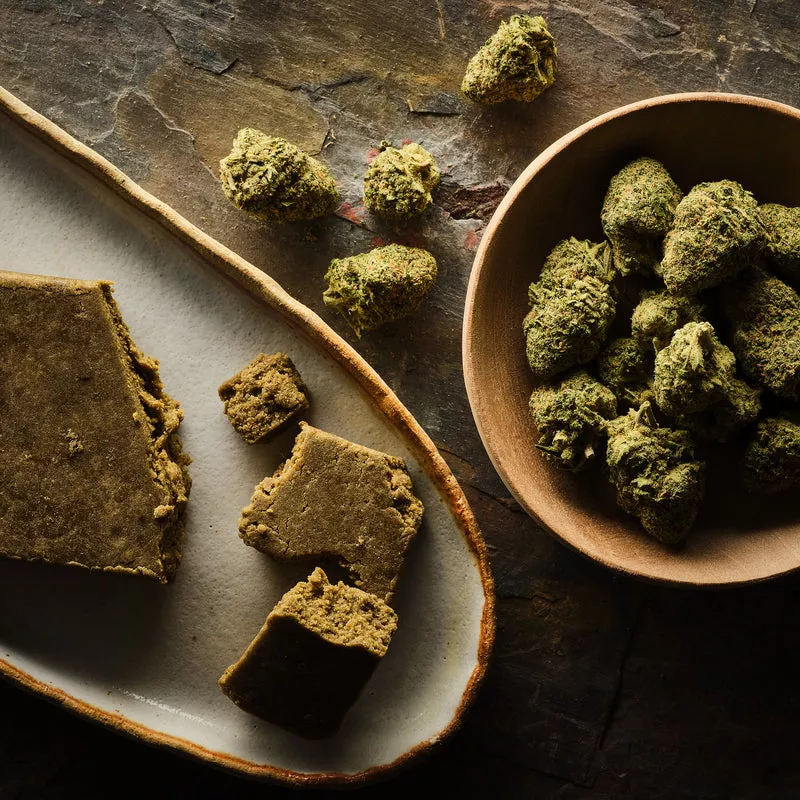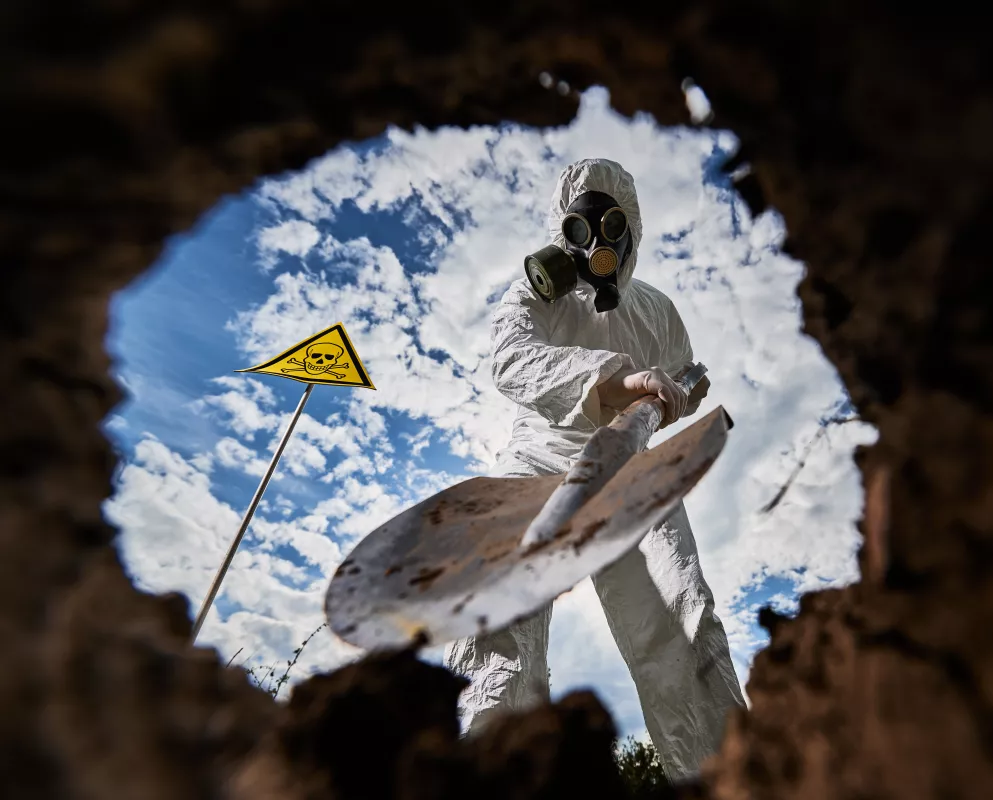- Shop All
- Type
- (144) THC>
- (74) CBD>
- Need
- Sleep>
- (21) Pain>
- (10) Anxiety>
- (6) Pets>
- (88) Edibles
- (14) CBD Edibles>
- (60) THC Edibles>
- (3) Ratio Edibles>
- (33) Hybrid Edibles>
- (86) Vegan>
- (5) Beverages>
- Strain
- (29) Indica>
- (24) Sativa>
- (47) Hybrid>
- (14) Tinctures
- (5) Anxiety Tinctures>
- (9) CBD Tincture>
- (1) Pain Tincture>
- (4) Ratio Tincture>
- (4) Sleep Tincture>
- (4) THC Tincture>
- (4) Capsules
- (1) CBD Capsules>
- (0) THC Capsules>
- (3) Ratio Capsules>
- Foggers
I Tried CBD for Anxiety
Lexie LivingstonFebruary 3, 2022LatestContents
- Using CBD for Anxiety for the First Time: My Initial Reaction
- It Made me Feel Less Anxious and Less Agitated
- It Made me Feel More Focused at Work
- I'm Able to Fall Asleep Fast and Stay Asleep
- Does CBD Help Anxiety? My Experience!
- The Best CBD for Anxiety and Depression: Found Only at Birch + Fog
- What are the Best CBD for Anxiety Products?
- CBD and Anxiety: Conclusion
I’ve struggled with anxiety and panic attacks for most of my life. With social anxiety, I’d get nervous, sweaty, shaky, and even unable to talk in certain circumstances. Eventually, I started to experience tightness in the chest and panic attacks even with normal, mundane activities. Daily life became extremely difficult as I was unable to focus, felt overwhelmed, and panicked, especially recently with the pandemic. Most nights, I experienced racing thoughts to the point where it took me over an hour to fall asleep. And even at that, I’d still wake up with my mind full of worry.
When I heard about CBD for anxiety and depression, I was pretty skeptical I’ll admit. Does CBD help anxiety? There were some pretty amazing stories about people using CBD for anxiety and depression, which had me considering giving it a go. I kept thinking about my past experiences with marijuana creating more anxiety, which had me nervous to say the least! Is it possible? Can CBD cause anxiety? It was actually after a long flight back to Vancouver that I decided to try out a CBD tincture. Here’s my story!
Using CBD for Anxiety for the First Time: My Initial Reaction
I was amazed by how subtle the effect was thirty minutes after taking the starting CBD dosage for anxiety. Unlike melatonin, which causes a fuzzy nodding-off effect, the CBD oil just relaxed my body. My heart stopped thumping against my chest, my legs stopped kicking beneath the sheets, and my mind stopped racing. I'm not sure if it was the oil or the late hour, but physical relaxation finally gave way to mental relaxation, and I fell asleep.
The fact that I never felt "high" in any way astonished me the next morning. The effects were so subtle yet powerful that there was never a moment that I felt it “kicking in,” like with pain pills or even anti-anxiety drugs. I continued to take the oil once a day for the next six days because I knew it took time, consistency, and the appropriate CBD dosage for anxiety to get the full impact. Here's what happened!
It Made me Feel Less Anxious and Less Agitated
While small things like rush hour traffic or a full email at work would ordinarily throw me off, taking CBD oil for anxiety appeared to have taken the edge off. I found it easier to identify the foolishness of these thoughts and let them go rather than overthinking a strongly worded email or scrutinizing a social interaction. I felt more like myself in certain aspects. Having said that, I still had some social anxiety when meeting new people. I was curious to see how taking the full CBD oil dosage for anxiety would affect me.
It Made me Feel More Focused at Work
I work well under a certain level of stress, however, being overworked almost made me unproductive. I'm always distracted by email, phone calls, and the people surrounding me, making it tough to get my work done. This week, I've discovered that putting on my blinders, blocking out any distractions (especially social diversions), and focusing on one thing at a time has been much simpler. I believe this is due in part to the reduced anxiety. When my anxiety is high, I am more frazzled and off track. It's almost as if I've gained a new feeling of clarity and tranquility that allows me to concentrate and power through my to-do list.
I'm Able to Fall Asleep Fast and Stay Asleep
I'm guessing that it's a side effect of feeling less stressed, but I'm falling asleep much faster. Now, I’ll be asleep in approximately 20-30 minutes rather than 45 minutes or over an hour, that was my norm. Not only do I appear to be bypassing or at least reducing the tossing and turning portion of my sleep cycle, but I'm also able to get out of the overthinking that keeps me awake at night. Of course, no one can predict if a major life event would derail this newfound happiness, but I'd like to believe that taking CBD for anxiety has aided me on a daily basis.
For more information on how CBD can help with sleep issues, click here.
Does CBD Help Anxiety? My Experience!
Would I say CBD oil has made a significant difference in my life overnight? Not quite. According to CBD retailers, my initial experience was not out of the ordinary. As with any new vitamin or supplement, there is no definitive answer for how long it can take to effectively manage anxiety. Many newbies are unsure of what to expect, and some anticipate a significant transformation straight away. For the majority of people, a new dietary supplement will require time to fully take effect.
Having said that, the mild benefits have piqued my interest enough to keep taking the oil and potentially increase the CBD dosage for anxiety. Something that makes me feel less stressed, less scattered, and more focused while being safe, legal, and not requiring a prescription? I'm totally on board!
The Best CBD for Anxiety and Depression: Found Only at Birch + Fog
When searching for the best CBD for anxiety, you always want to make sure that the product is made with the highest quality CBD oil that is free of any toxic ingredients, additives, and fillers. Here at Birch + Fog, we have taken the time to send each and every one of our products to third-party labs to verify their quality and purity. When shopping with us, you can feel confident that you’re receiving only the highest quality products at the best prices, guaranteed.
Before starting CBD oil for anxiety, it is always recommended to consult with your healthcare professional as CBD can have side effects and interact with certain pharmaceutical medications. For a detailed look at certain drug interactions, this article is helpful.
What are the Best CBD for Anxiety Products?
1 Full-Spectrum CBD Tincture-Daytime | Birch + Fog
When I decided to try out CBD for the first time, I went with this full-spectrum CBD tincture in the daytime formula. I chose this particular tincture due to its minimal ingredients (only MCT oil and CBD oil). In addition to being only two ingredients, this tincture is made from CBD oil that is third-party verified, adhering to the highest quality standards in the industry. This full-spectrum CBD oil for anxiety is minimally refined, which leaves hundreds of different phytochemicals like cannabinoids, terpenes, and other compounds fully intact and in the oil. The CBD is derived from all-natural hemp and is CO2 extracted.
Being designed for daytime use, I found that I received all the stress and anxiety relief without any drowsiness. However, when I was ready to go to bed at night, my worry and racing thoughts were halted, allowing me to drift off into sleep fast and stay asleep. Not only does this tincture come in a variety of sizes (500mg, 1,000mg, and 1,500mg), it is also available on subscription with increasing discounts so that you can receive monthly shipments without any hassle.
Pros:
- Minimally refined (phytochemicals left intact)
- All-natural hemp source with CO2 extraction
- Various sizes available
Cons:
- May cause minimal effects from THC (especially if not a regular THC user)
Highlights:
- Minimal ingredients (MCT oil and CBD oil)
- Subscription options available
- Helps with sleep at night without causing fatigue during the day
2 Full-Spectrum CBD Vape Cartridge | Now + Then
For times when I need immediate relief from racing thoughts, panic, and debilitating anxiety, this full-spectrum vape is my go-to. Not only is it extremely versatile, it’s effects can be felt almost instantaneously. It contains the highest quality CO2 extracted CBD oil for anxiety on the market today. The natural cannabis terpene profiles, flavonoids, CBD, CBN, and small amounts of THC are all preserved. With only one ingredient, premium CBD extract, the whole vape experience is incredibly smooth and relaxing. You’ll also feel pretty fancy with the state of the art zirconia ceramic tank! In addition to being one of the best CBD for anxiety, it also helps to improve sleep, relieve mild to moderate pain, relieve muscle spasms, and promote feelings of tranquility.
Pros:
- Extremely versatile
- Effects felt almost instantaneously
- Highest quality CO2 extracted CBD oil for anxiety on the market
Cons:
- 510 battery/pen is not included
Highlights:
- Only 1 ingredient, premium CBD extract
- State of the art zirconia ceramic tank
- Cannabis terpene profiles, flavonoids, CBD, CBN, and THC are preserved
CBD and Anxiety: Conclusion
When I first decided to try out CBD for anxiety, I had no idea that it would eventually become a staple in my household (thank god for the subscription options!). With daily use, my anxiety is managed effectively, allowing me to be productive daily at work, enjoy social gatherings again, and sleep throughout the night. A word of caution as not everyone will respond the same way to the same product. It may take some exploring with different products and using a different CBD oil dosage for anxiety. Whether you are looking for a tincture, capsule, vape, or gummy, the best CBD for anxiety and depression is found exclusively at Birch + Fog’s online store. You can shop the entire anxiety collection by clicking here.
0/5 (0 Reviews)Latestfrom B+FBe the first to know about exciting new products, special events, seasonal offers, and much moreOur Collective
Wellness to your doorstepCopyright © 2024 All Rights Reserved | BIRCH + FOG[gtranslate]Save your cart?
x










